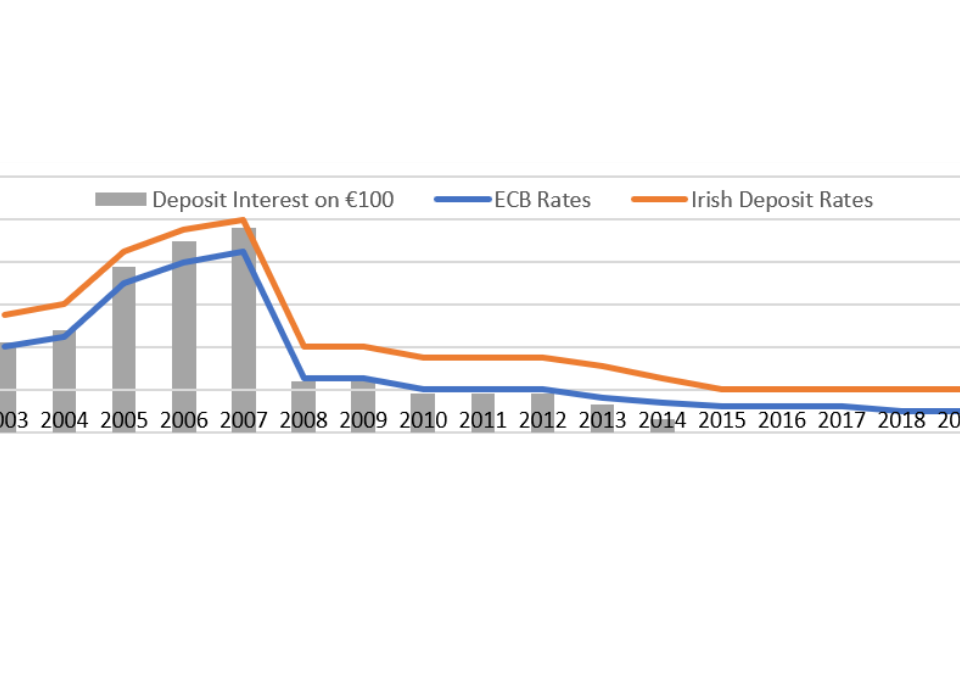Written by Tara Financial based in Blanchardstown, Dublin.
In modern times it is rare for an individual to remain working for the same employer over the lifespan of their careers, resulting in few people remaining a member of a single pension scheme throughout their life. In fact, employees now typically change job more than five times throughout their career. When leaving an employer, one of the big questions that is often forgotten is – what will I do with my pension?
The first thing to remember is, you are the ultimate beneficiary of your pension and therefore have options in relation to how you would like that pension to be managed. There are various options available to you when looking at a past employers pension scheme. The first thing to look at is, what type of company pension are you currently in – Defined Benefit (DB) or Defined Contribution (DC). If you are in a DB scheme, the recommendation can often be to leave the pension as is, as you are ‘guaranteed’ a certain income for life upon reaching your Normal Retirement Age. However, the important thing to remember is that this is essentially a promise from your former employer to pay you such an income, many things may affect the certainty of this income such as the company’s solvency and/or the funding of this scheme so far, if any etc. Some companies offer an increased transfer value (a value greater than the amount the pension is deemed to be worth) on DB schemes. It is always worth asking for a Transfer Value on your DB pension on an annual basis and speaking to a financial advisor about the pros and cons of taking that transfer value or leaving the pension as it is.
With regards to a DC scheme, you generally have 4 choices available to you –
- Transfer your benefits into a Personal Retirement Bond (PRB)
- Leave your benefits paid up in the existing scheme
- Transfer the pension to your new employer’s pension scheme
- Transfer the pension to a Personal Retirement Savings Account (PRSA). (Confined to people with less than 15 years’ service with their employer)
Each of the above options come with their own terms, conditions and charges so it’s important that your goals from this pension are discussed before making a decision on which options to take.
A Personal Retirement Bond allows you to transfer your previous employer’s pension in to a pension held in your own name. This pension cannot take any ongoing contributions and is essentially a paid up pension until you wish to access your benefits (from age 50). That said, how you choose to invest the funds are up to you. Here at Tara Financial Partners, we believe that when it comes to investing, risk and reward go hand in hand. A conservative investor, or one with a low risk tolerance, favours investments that maintain his or her original investment i.e. capital protection is paramount. An adventurous investor, or one with a high risk tolerance, is willing to risk their capital being temporarily eroded to get potentially better returns in the long run. There is no right or wrong attitude towards risk. Before we begin constructing an investment portfolio with our clients, we complete a risk profiling tool with you. This allows you to remain within your comfort zone for accepting risk, whilst optimizing the risk/reward ratio of the portfolio. We also take in to account your capacity for risk, so in the case of your Personal Retirement Bond we would discuss with you what age you may wish to access this pension to ascertain your investment horizon.
You can transfer from your current scheme to the new employer’s scheme, if one is available, however depending on the size of the fund this might result in restrictions being placed on how the pension may be distributed on death, which you should be made aware of. Finally, you could transfer your benefits to a PRSA. A PRSA is similar to a PRB, in that it is a pension held in your own name, however there are restrictions around charges and investment options available within a PRSA, which you should take in to account if you are thinking of transferring your benefits to a PRSA. Our recommendation for people who are reviewing their previous pension funds is to always seek financial advice prior to making any decision on your pension.




